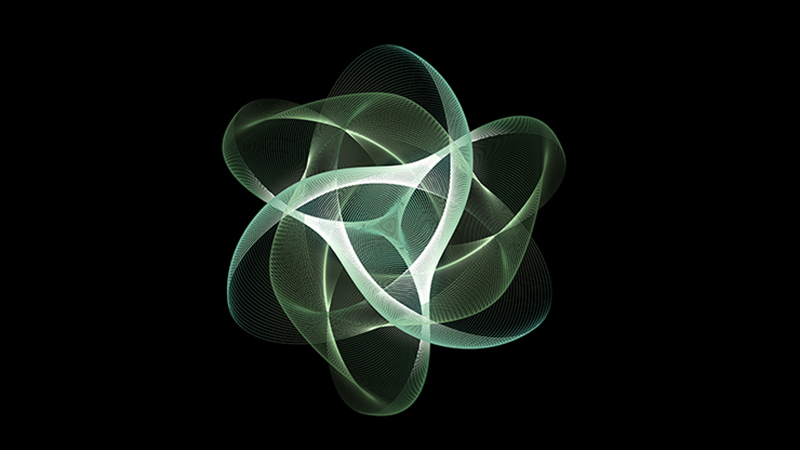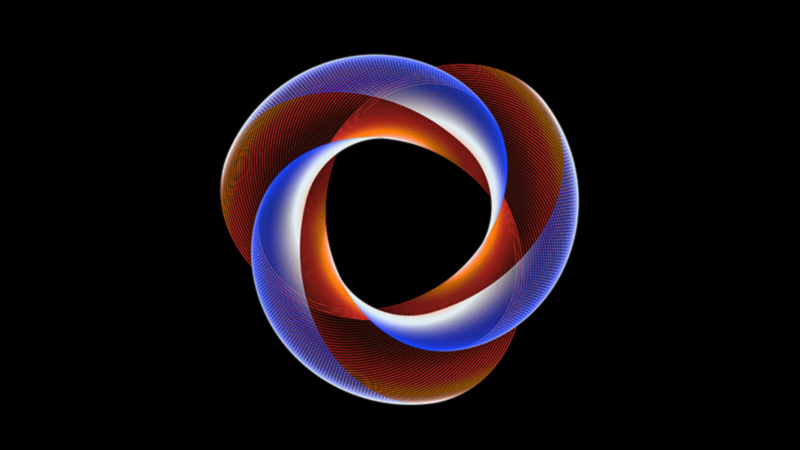

In 2018 Fondazione Prada undertook a multidisciplinary project for the study of scientific themes in depth. These reflections engendered “Human Brains,” a program of exhibitions, debates online and publishing activities that will take place from November 2020 to November 2022. The project is the result of a complex research conducted in collaboration with a scientific board chaired by Giancarlo Comi and composed of researchers, physicians, psychologists, linguists, philosophers, popularizers and curators, such as Jubin Abutalebi, Massimo Cacciari, Viviana Kasam, Udo Kittelmann, Letizia Leocani, Andrea Moro, and Daniela Perani.
As stated by Miuccia Prada, President of Fondazione Prada, “I have been thinking about this project for years, and finally we are ready to commit to this intent, thanks the support of a group of philosophers, scientists and researchers that form the scientific board of ‘Human Brains’. During the 25 year-long activity of Fondazione Prada, I have always wished to work on relevant cultural ideas. This specific project devoted to neuroscience is maybe our most important so far: for a visual art institution such as the Fondazione Prada, dealing with science is a true challenge, as it will have to give voice and shape to the ideas of the researchers. This dialogue that starts now to embody the project ‘Human Brains’ underlines the importance of cooperation, in order to give value and disseminate meaningful studies and practices for our present.”
The “Human Brains” initiative is centered on the brain, a unique organ for the complexity of its functions, which are fundamental to characterize human beings. The scope of the investigation is survey different fields: from neurobiology to philosophy, from psychology to neurochemistry, from linguistics to artificial intelligence and robots. The brain is analyzed from an anatomical-functional point of view, while also focusing on the brain aging processes and on neurodegenerative diseases.
Fondazione Prada’s interest in the current state of the sciences is an expansion of its intellectual inquiry, but one that continues to address fundamental issues of today. Historically, science and culture have been inseparable, and in constant dialogue with each other. The advent of our “technological age” has produced new frontiers of invention, and new social, cultural and political questions for humanity. Culture evolves with these profound shifts in scientific knowledge. And so too, our understanding of what it means to be a human during increasingly uncertain times.
An open project in constant evolution, “Human Brains” aims to experiment new collaboration and dialogue methods among scientists and scholars thus testing innovative communication formats addressed to a heterogeneous and international public.
 CULTURE AND CONSCIOUSNESS
CULTURE AND CONSCIOUSNESSThe online conference “Culture and Consciousness” represented the first part of “Human Brains”. The event was structured in five daily discussions focused on the study of consciousness in neurosciences. Each panel included a debate between two scholars coordinated by one or more moderators.
The scientific approach of the project proves our need for discovering the brain in its structural, functional and biochemical articulation, in order to create a relationship with human and social sciences. The aim is to involve a wide community of researchers in different fields linked to neurosciences as well as a non-specialized public—made of young people and students that share a great curiosity—and to stimulate fundamental questions and reflections such as those on the origin of human thinking and acting.
Full program and videos of the discussions are published here
 CONVERSATIONS
CONVERSATIONSis the second phase of the multidisciplinary program. “Conversations” will take place online from September 2021 to April 2022. The project consists of 7 pairs of video lectures by international scientists, philosophers and researchers followed by 7 live streaming conversations that will include interaction with the remote audience.
Based on a strictly scientific approach, “Conversations” is an innovative format for in-depth analysis, communication and popularization addressed to a heterogeneous and international public. It is an open platform for experimenting inclusive modes of exchange between scientists and scholars from different fields and a wide community of students, researchers, and people of all ages and backgrounds interested in neurosciences and brain studies in general.
 IT BEGINS WITH AN IDEA
IT BEGINS WITH AN IDEAFondazione Prada presents the exhibition “Human Brains: It Begins with an Idea” at Ca’ Corner della Regina, Venice, from 23 April to 27 November 2022, on the occasion of the Venice Art Biennale 2022. The exhibition is curated by Udo Kittelmann in collaboration with Taryn Simon. The project is the result of a long and in-depth research process carried out with Fondazione Prada and the scientific board.
The complexity of brain function takes over the three floors of Ca’ Corner della Regina through an exhibition that brings together documents, drawings, paintings, prints and books challenged by the words of fiction writers and a collection of interviews with neuroscientists, psychologists, neurolinguists and philosophers from all over the world. Taken all together, the exhibition navigates a history of neuroscientific knowledge-making marked by rigor, breakthrough, and discovery as well as error and uncertainty.

The final chapter will be the scientific forum and exhibition project “Preserving the Brain,” scheduled in Milan for September and October 2022. “Preserving the Brain” aims to stimulate an open and critical dialogue with scientists, experts, and scholars from all over the world on the topic of neurodegenerative diseases, from pathophysiological mechanisms to treatment.
The conference and exhibition in Milan are developed in collaboration with 13 international neuroscience institutes, such as:Harvard Medical School, Brigham and Women’s Hospital, Ann Romney Center for Neurological Diseases, Boston, US; Hôpital de la Pitié-Salpêtrière, Sorbonne University AP-HP, Neurology department and Paris Brain Institute, Paris, France; UniSR – Università Vita-Salute San Raffaele, Milan, Italy; Juntendo University Hospital, Department of Neurology, Tokyo, Japan; Karolinska Institutet, Stockholm, Sweden; German Center for Neurodegenerative Diseases (DZNE) within the Helmholtz Association, Bonn, Germany; Max Planck Institute of Neurobiology, Munich, Germany; Montreal Neurological Institute-Hospital, MC Gill Research and teaching Institute, Canada; Tianjin Medical University General Hospital, Department of Neurology, Tianjin, China; UCSF Weill Institute for Neuroscience, University of California, San Francisco, US; University College London, UK; Weizmann Institute of Science, Rehovot, Israel; and Yale School of Medicine, New Haven, US.

“Human Brains: Preserving the Brain – Forum on Neurodegenerative Diseases” travels to Shanghai.
The second chapter is presented by Prada with the support of Fondazione Prada from 31 March to 21 May 2023 at the historic residence of Prada Rong Zhai.
“Preserving the Brain” comprises an exhibition and a conference focusing on neurodegenerative diseases—such as Alzheimer’s, Parkinson’s, Amyotrophic Lateral Sclerosis, and Multiple Sclerosis.